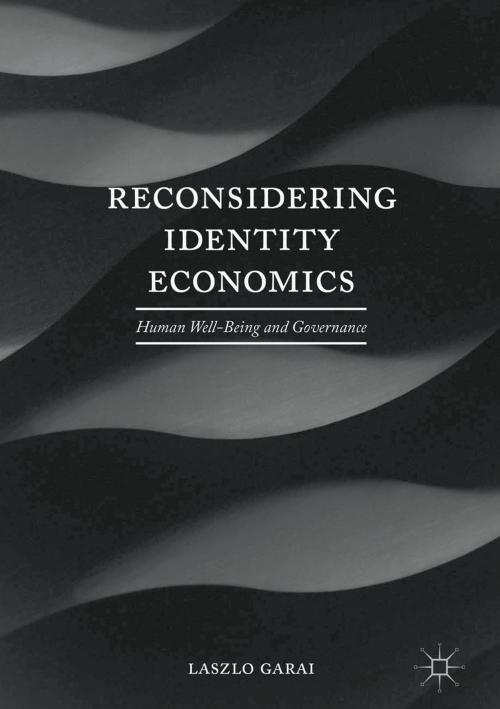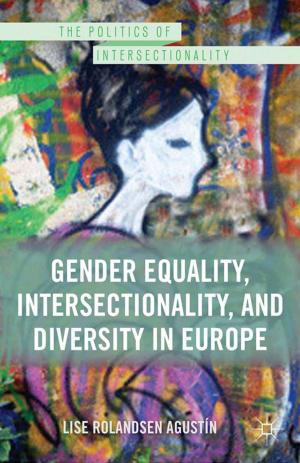Reconsidering Identity Economics
Human Well-Being and Governance
Business & Finance, Human Resources & Personnel Management, Organizational Behavior, Economics| Author: | Laszlo Garai | ISBN: | 9781137525611 |
| Publisher: | Palgrave Macmillan US | Publication: | November 29, 2016 |
| Imprint: | Palgrave Macmillan | Language: | English |
| Author: | Laszlo Garai |
| ISBN: | 9781137525611 |
| Publisher: | Palgrave Macmillan US |
| Publication: | November 29, 2016 |
| Imprint: | Palgrave Macmillan |
| Language: | English |
This book presents an unorthodox identity economics that approaches social identity through a non-classical psychology. Garai applies the modern physics concept of wave-particle duality to economic psychology, finding a corresponding duality in object-oriented activity and historically generated social identity. These two factors interconnect to create a double-storied structure of social identity and its behavioral manifestations. The book then presents a calculation device for mediating between behavioral and identity economics. Garai then applies all these factors to two socioeconomic systems developed during the second modernization: Bolshevik-type “socialism” and post-Bolshevik “capitalism.” In this context, he examines the Eastern Bloc nomenklatura as a duality of bureaucratic and patron-client organization (“state and party”) and the establishment of both today's material capitalism and its other half: human capital economics.
This book presents an unorthodox identity economics that approaches social identity through a non-classical psychology. Garai applies the modern physics concept of wave-particle duality to economic psychology, finding a corresponding duality in object-oriented activity and historically generated social identity. These two factors interconnect to create a double-storied structure of social identity and its behavioral manifestations. The book then presents a calculation device for mediating between behavioral and identity economics. Garai then applies all these factors to two socioeconomic systems developed during the second modernization: Bolshevik-type “socialism” and post-Bolshevik “capitalism.” In this context, he examines the Eastern Bloc nomenklatura as a duality of bureaucratic and patron-client organization (“state and party”) and the establishment of both today's material capitalism and its other half: human capital economics.















